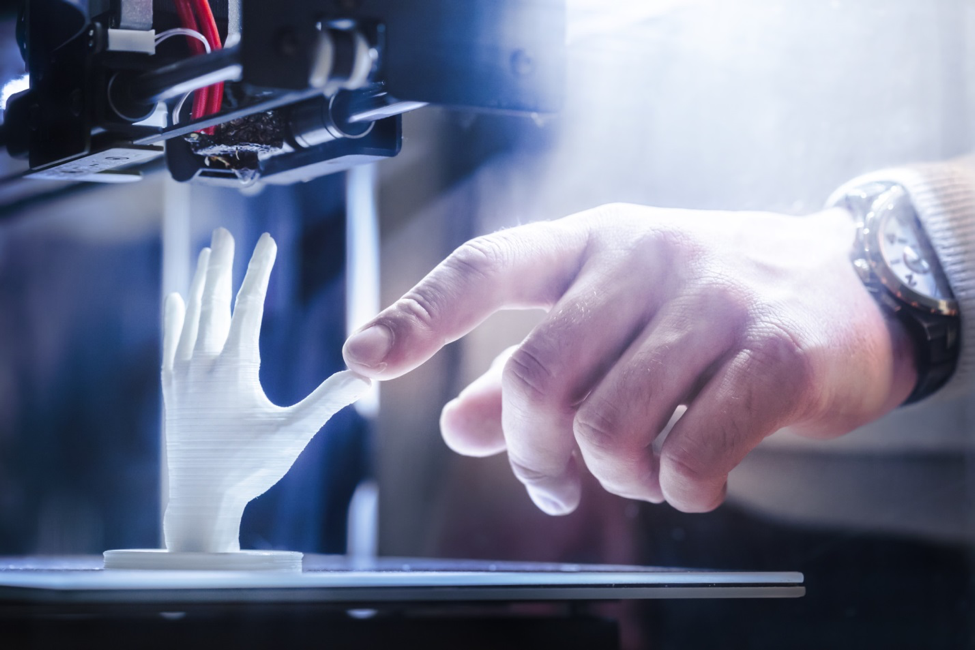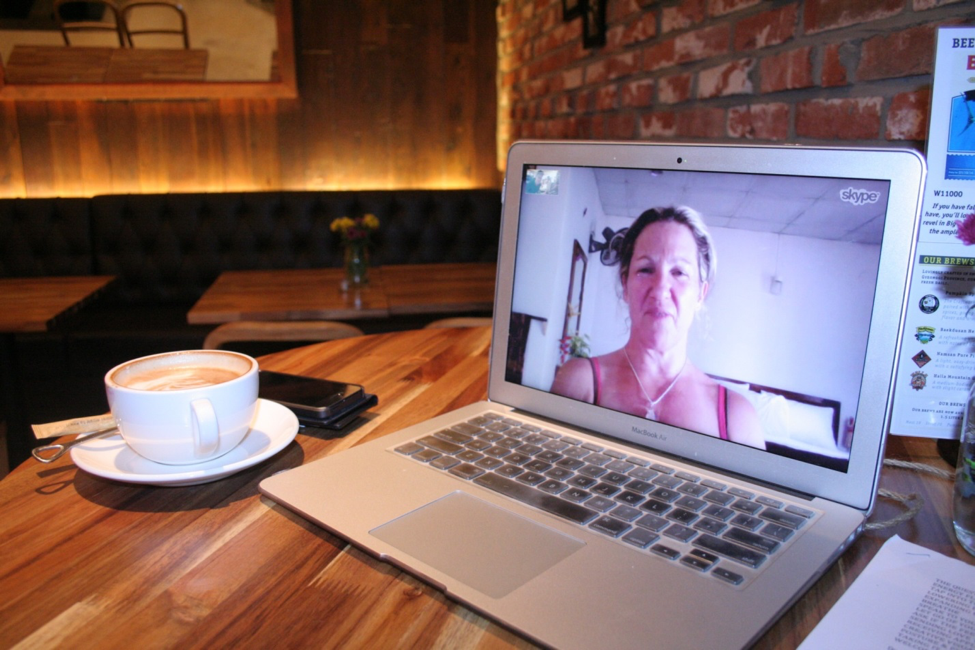Stories about people who have lost all their possessions are unfortunately common, and they can lead to concerns about your own financial well-being. Some of these stories are related to tragedy, such as the destruction of a home and personal belongings in a house fire. Others are related to poor financial management, such as making large, risky investments.
The last thing that you want is to become the subject of your own tragic story, so keeping your funds as safe and secure as possible is a top priority.

Keep Your Cash in a Bank
Some people are timid about putting all of their funds in a bank. After all, you cannot physically see your cash when it’s in a bank. You may also have concerns about bank runs and other potential events. The reality is that your funds are much safer in a bank than they are in your home.
At home, the money could be damaged by a fire or another serious event. The money may also be stolen. On the other hand, these factors will not impact your money if it’s kept in a bank. In fact, even if your bank branch is robbed or damaged, your money is safe.
Look for Deposit Insurance
When you open a new bank account, look for the FDIC label. The Federal Deposit Insurance Corporation provides all account holders with deposit insurance on checking and savings accounts. The FDIC is a government agency that insures up to $250,000 per person at each financial institution.
If you have more than $250,000 in cash, simply open another FDIC-insured account at another bank to keep. If your bank fails, this government agency will pay you all of the funds that the bank was not able to provide to you.
Choose Low-Risk Investments
While some people prefer to keep all of their cash stashed away in a savings account, others prefer to invest some of their funds in order to generate a higher return. Most savings accounts have a very low rate of return. In fact, many accounts do not keep pace with inflation. This means that your funds may actually be losing value if you keep them in a savings account.
The solution to this is to keep a reasonable amount of money in a savings account and invest your remaining funds. Low-risk investments are typically associated with a modest return, but the return may be superior to your savings account rate.
For example, a 12-month Certificate of Deposit has no risk of loss as long as you do not cash the CD before the maturity date, and CDs often have a higher return.
Research All Investments Carefully
As your assets grow over time, you may feel comfortable with your savings account balance and with the number of funds allocated to low-risk investments. Because of your comfort level, you may be ready to expand to higher-risk investment options, such as stocks.
While all stock purchases are risky and may expose you to
financial loss, your research and analysis can dramatically reduce your
exposure to risk. You may gain insight into the best stocks to buy
by searching for expert-level insight and advice.
Your life savings represents years of hard work, and it impacts your financial
security going forward. With this in mind, you cannot afford to place your
savings at risk. Let these tips guide you as you safeguard your funds and
promote the growth of your assets over time.




